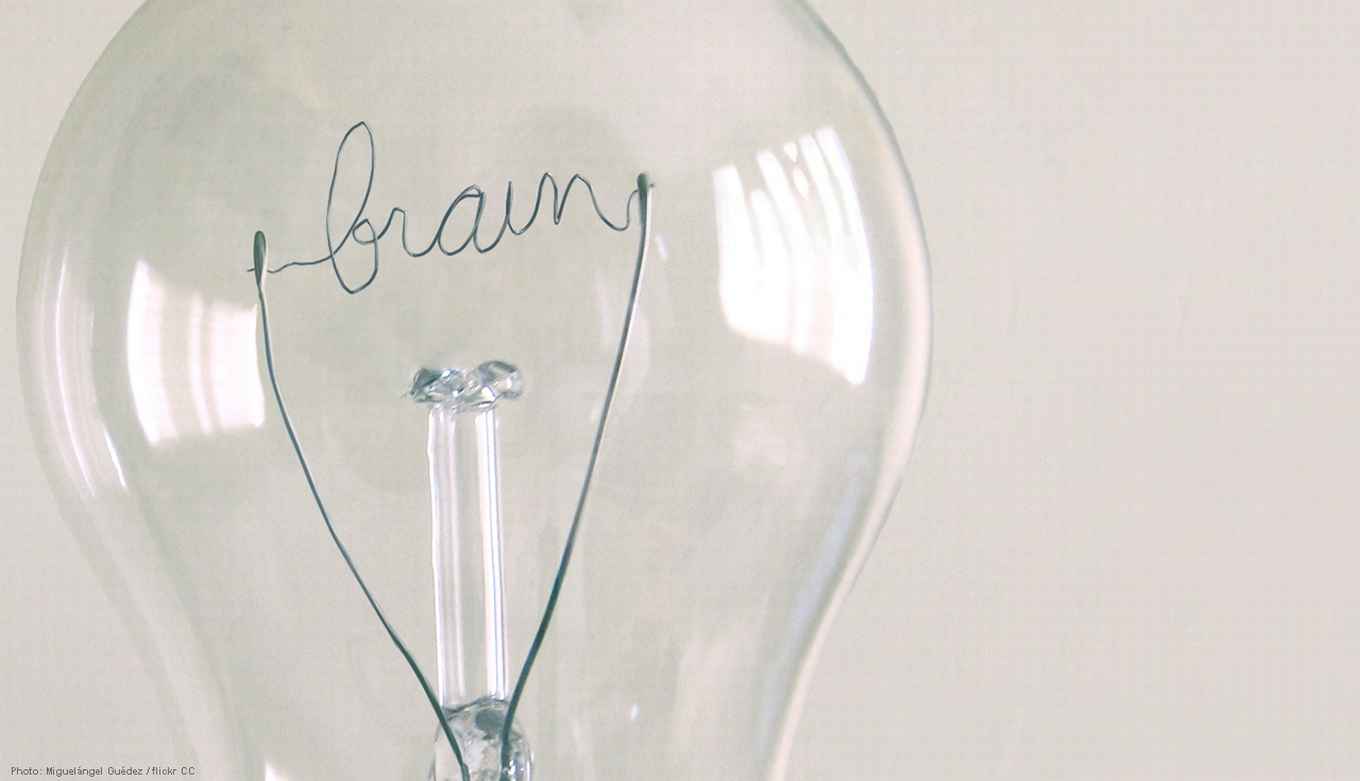Confirmation bias pervasive even in simple visual decisions
New study sheds light on mechanism underlying confirmation bias
13 September 2018

Despite being well-documented, with early descriptions dating as far back as the 5th century BC, little is known about the mechanisms behind confirmation bias or about how this phenomenon arises from brain activity. To fill this research gap, the researchers set out to measure the extent to which confirmation bias plays a role in human decision-making by developing a novel experiment in which participants were asked to make simple decisions about their perception of visual stimuli. ‘It is commonly believed that people make their decisions not just based on the relevant evidence, but also show cognitive biases that ensure consistency between choices. We decided to investigate whether choices actually influence the later decision process itself’, says Dr Anne Urai, joint first author and former PhD researcher at the UvA.
Selective attention
During the experiment, participants watched a screen showing a cloud of dots, and were first asked to choose the overall direction they thought the dots were moving in. The researchers then showed a second interval and asked participants to estimate the average direction of motion over the two intervals. In their analyses, the researchers used extensive computational modelling to quantify the effect of the sensory input and the intermediate decision on participants’ final judgement.
‘What we discovered was that participants were more receptive to evidence that agreed with their initial decision’, says Bharath Talluri, joint first author and PhD researcher at the University Medical Center Hamburg-Eppendorf. ‘This indicates that even when making a simple and emotionally neutral decision, people don’t do so in a way that is independent of context. Instead, they are more likely to be guided by evidence that is consistent with and verifies their initial decision. This suggests that our choices may act as cues to selectively direct attention to those pieces of incoming information that agree with them.’
Strengthening human rationality
Moving forward, the researchers hope to build on their results by investigating whether the brain activity that gives rise to attention is indeed involved in confirmation bias in decision-making. This could set the stage for probing and identifying the neural mechanisms underlying this phenomenon. Confirmation bias is pervasive in daily life and can have important consequences. It is also the source of much political and social polarisation, simply because people are unable to fit new facts into their existing worldview. Talluri: ‘Identifying its mechanistic basis will help us to understand and potentially expand the bounds of human rationality.’
Publication details
B.C. Talluri, A.E. Urai, K. Tsetsos, M. Usher, T.H. Donner, ‘Confirmation Bias Through Selective Overweighting of Choice-Consistent Evidence’ in Current Biology, 13 September 2018. DOI: 10.1016/j.cub.2018.07.052.